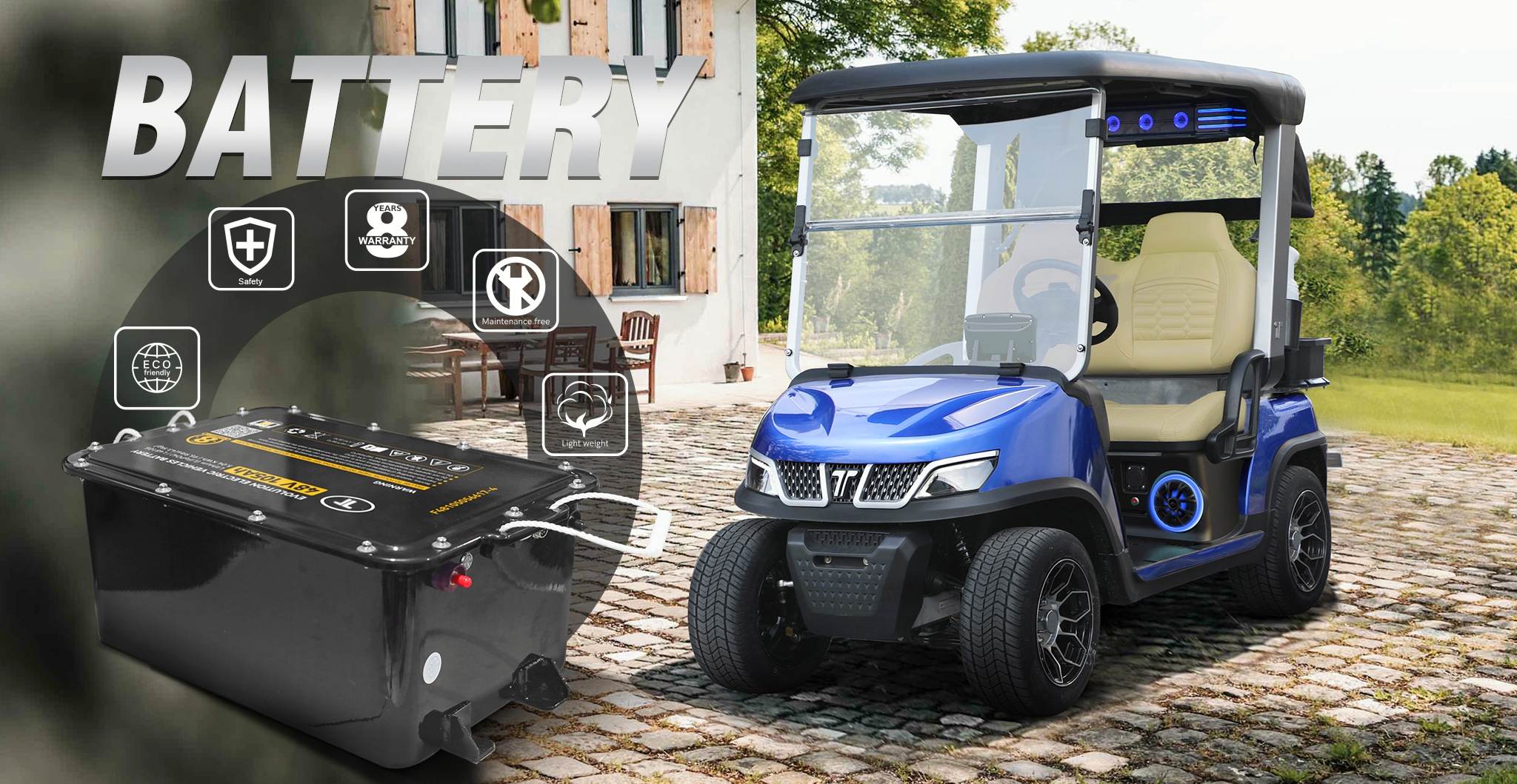In today’s highly battery-dependent society, lithium batteries have become an indispensable energy source for everyday life and industrial applications. From mobile phones, laptops, power tools, to electric cars and golf carts, lithium ion batteries and lithium iron phosphate batteries (LiFePO4 lithium batteries) are increasingly used. However, with this increased use, the disposal of used lithium batteries has become a growing concern. Careless disposal not only pollutes the environment but can also cause fires or even explosions due to short circuits or damage. So, how do I dispose of a lithium battery correctly, safely, and environmentally friendly? This article will systematically explain lithium battery disposal methods based on industry experience and answer several common questions.
Why do lithium batteries require special handling?
Unlike traditional lead-acid batteries, lithium ion batteries and lithium iron phosphate batteries have higher energy density and more complex chemical compositions. If carelessly discarded, the electrolyte may leak, causing soil and water contamination. Furthermore, damage to the battery casing or short circuits can lead to dangerous thermal runaway reactions. Therefore, proper recycling and disposal are key to avoiding environmental harm and safety incidents.
How to properly handle and recycle lithium batteries?
Don’t discard them carelessly.
Whether it’s a lithium battery from a small electronic device or a large LiFePO4 lithium battery module, they should not be thrown directly into household trash.
Use a battery recycling point.
In most countries and regions, supermarkets, electronics stores, or community recycling stations have dedicated recycling bins for lithium ion batteries. This is the most convenient and safest way to recycle them.
Contact a professional recycler.
For large lithium iron phosphate batteries used by businesses, such as those for electric vehicles or golf carts, contact a qualified battery recycling company to ensure they meet environmental standards.
Packaging and Transportation Precautions.
When transporting used lithium batteries, avoid contact with metal objects. Use insulating tape to seal the battery terminals and store them in a sturdy, non-conductive container.
FAQ
1. Can I throw a lithium battery in the trash?
No. Lithium batteries are hazardous waste. Careless disposal can pollute the environment and pose a fire risk. They should be taken to a battery recycling point.
2. How do I know if a lithium battery is recyclable?
Almost all lithium ion batteries and LiFePO4 lithium batteries are recyclable. The battery casing typically has a recycling symbol, indicating that it can be reprocessed by a qualified facility.
3. What happens if you puncture a lithium battery?
Punching or damaging a battery can cause a short circuit, smoke, or even explosion. Never disassemble or puncture a used battery yourself; take it to a qualified professional for disposal.
4. Are lithium iron phosphate batteries safer to dispose of?
Lithium iron phosphate batteries are relatively stable and have a lower risk of thermal runaway, but they still require a professional recycling process and cannot be discarded at will.
5. How do companies recycle large lithium batteries?
For large LiFePO4 lithium batteries used in electric vehicles or golf carts, recycling companies typically disassemble them first and then sort the battery cells: some cells are reused, while others are subjected to high-temperature smelting or wet recycling to extract rare metals such as cobalt, nickel, and lithium.
Why are LiFePO4 lithium batteries becoming increasingly popular? Among the many types of lithium batteries, lithium iron phosphate batteries are favored for their safety, long cycle life, and environmental friendliness. LiFePO4 lithium batteries are particularly popular in golf carts, energy storage systems, and home power solutions, gradually replacing traditional lead-acid batteries. Proper recycling methods not only facilitate resource reuse but also minimize environmental damage.
Practical Tips for Home Users
Separate Collection: Place all used lithium ion batteries in separate containers to avoid mixing with other waste.
Avoid Moisture: Keep batteries dry to prevent electrolyte leakage.
Regular Delivery: Once a sufficient amount accumulates, they should be promptly delivered to a recycling point.
Recycling Strategies for Business Users
Businesses that use large quantities of lithium batteries (such as electric vehicle manufacturers and golf cart suppliers) should establish long-term recycling channels. Signing agreements with professional lithium battery suppliers or recycling companies can not only reduce processing costs but also generate financial returns through metal recovery.
Conclusion
Proper handling and recycling of lithium batteries is not only a matter of personal safety but also of environmental protection and sustainable development. Whether it’s a lithium ion battery for a small electronic device or a large LiFePO4 lithium battery module, it must be recycled through compliant channels. Professional recycling processes not only avoid pollution but also effectively extract valuable metal resources, achieving a truly green recycling process.
Post time: Aug-25-2025







